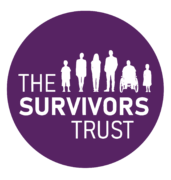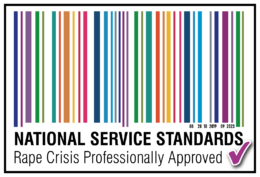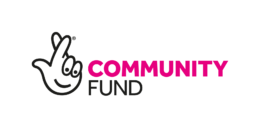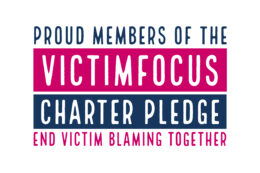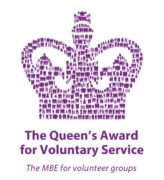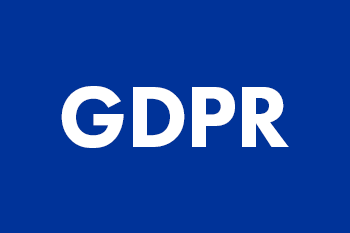Crisis Counselling is a short term therapy which can help to reduce any initial distress after a traumatic event.
The service is provided by counsellors and doesn’t generally work with the deeper trauma related to experiencing sexual violence (this is tends to take place in our core counselling service) but helps manage the impact on day-to-day life, providing support, impacts management and coping strategies.
It can help you to identify any needs, risk factors and put in place coping strategies to help you to try and carry on with everyday life. We can also use this time to refer you into any other services or organisations that may be able to assist you.
How can I access Crisis Counselling?
Crisis Counselling can be offered after you have attended a SARC (Sexual Assault Referral Centre), usually the Blue-Sky Centre.
What can I expect with Crisis Counselling?
CRASAC offers up to 10 sessions, including an assessment which takes place within one week of referral to make sure Crisis counselling is the right service for you. Your sessions will start approximately within one month each lasting 50 minutes. They will take place at the same time and on the same day each week.
The sessions will look at the emotional impact of what has happened to you. They will focus on your feelings, ways to help you cope and can be an opportunity to talk privately about how the incident is affecting your day to day life.
What happens if I have an open court case with the police?
If your case is open to the police and/or courts, you can still access crisis counselling and your counsellor will discuss with you how the sessions will work.
How confidential is it?
CRASAC is a confidential service, and we will only share your information with people who need to know. You have a right to confidentiality however, there are limitations and so wherever possible we will let you know if there is anything we need to share. Your counsellor will discuss this further with you.
How much does it cost?
CRASAC is a charity and so do not charge for our services. Donations are always welcome, and any contributions received will go directly to support our frontline services.
What happens at the end of Crisis Counselling?
At the end of your Crisis Counselling, you can talk with your counsellor about other counselling options at CRASAC or signposting to other services.

